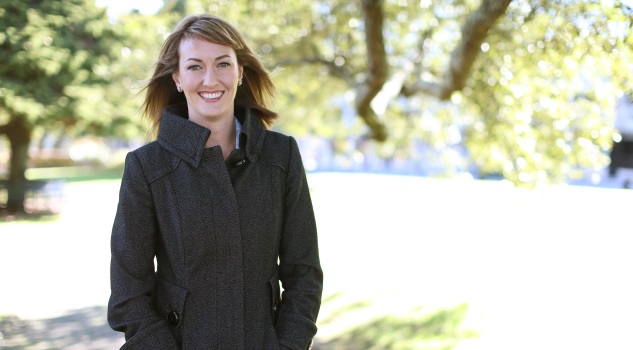Don’t overlook mature employees who have the best skills and fit for your company.
“Age doesn’t matter… unless you’re a cheese” said Spanish Director Luis Bunuel – something businesses everywhere would do well to keep in mind. It’s well known that mature employees are struggling to find jobs past a certain age, despite the wealth of knowledge and experience that they can bring.
Among things I’ve heard in my career: that older workers are “less adaptable” or “overqualified,” they’re “so close to retirement it’s not worth training them” and “you can’t teach an old dog new tricks.”
In my opinion, there are two things you need to be sure of when considering a candidate: cultural fit and aptitude. Age shouldn’t even enter into the equation.
New hires need to add to your team, yet within the existing ecosystem, sharing the same values and working toward the same goal. Modern recruitment tools help ensure their cultural fit by testing and video interviews, as well as face-to-face meeting.
Next, it’s all about aptitude. Regardless of the experience job seekers have, if they show an ability to do the job well, it’s worth considering what on-the-job knowledge can be learned.
Being a digitally-focused company, we put most of our new hires through a computer aptitude test. There is sometimes a disparity between Millennials and Baby Boomers in both their speed and accuracy: but not necessarily every time. Don’t assume just because a candidate is born with an iPad in their hand that they will be great on the keyboard.
We’ve seen 50-year-olds who can switch browsers and navigate between screens faster than their 20-year-old counterparts. Often, the Baby Boomers blitz on literacy, spelling and numeracy, too. Think about the core skill set you need for the role and then use aptitude testing to work out what they’ve got and what you can work with.
One of our recent hires is 53 and found job hunting gruelling until he found us. He left a company he had worked at for 20 years and was looking for a career change. In four years, he was only interviewed by two recruiters, his skills apparently “limited.” It was a stressful time for him, having to provide for his three children. He didn’t become disillusioned and pushed on until we hired him.
He may be the oldest person on our team, but as he joined us, he worked hard to learn new skills and ways to face new challenges. And as his boss, I am glad to have found a committed, loyal and hard-working employee. It didn’t even cross my mind that he might be “too old” to sell our products.
Baby Boomers and Traditionalists (born before 1945) have some useful qualities that businesses can leverage.
According to Forbes, boomers are not a passive generation; they push hard to reach their goals. They have strong work ethics and are committed. They will often work longer hours and are less likely to switch employers. Their experience and knowledge will be a huge asset to your business.
Meanwhile, traditionalists, who may not be the most tech-savvy employees, bring in a wealth of knowledge, hard work, loyalty and respect for authority. They can become senior support and mentors for younger generations. They’re also more likely to have great interpersonal skills, having been more accustomed to dealing with people eye-to-eye. While you may need to adapt their working hours to a more manageable timetable, their wisdom is invaluable.
Whether you are a hip and funky tech start-up or a more traditional company, mature workers have a wealth of knowledge and experience that you should take into consideration when hiring. As we know, diversity of any kind is a great asset to any business. Age shouldn’t even matter as long as you get the best person for the job.
Sharon Davies, Founder and Managing Director, Talent Propeller













